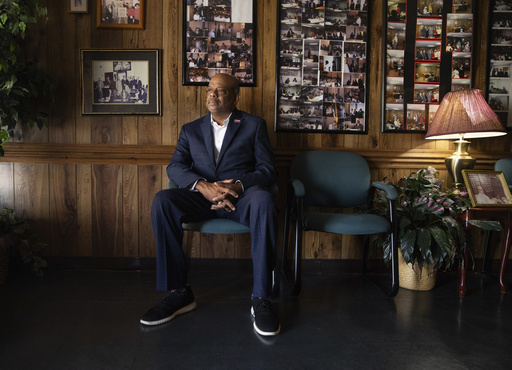Haywood Park Community Hospital in Brownsville, Tennessee was an essential healthcare provider for many residents, particularly in the majority-Black community. However, the hospital closed in 2014 due to a decline in patients, leaving some individuals with limited options for medical care. Residents shared mixed experiences, with some feeling unwelcome by the hospital staff. The closure highlighted broader disparities in rural healthcare access across the United States.
Rural areas often see higher rates of premature deaths from conditions like heart disease, cancer, and stroke compared to urban areas, as reported by the Centers for Disease Control and Prevention. The closure of hospitals in rural America has exacerbated the challenges faced by the 46 million people living in these regions, limiting their access to essential healthcare services when needed.
Efforts to address these disparities are underway in various communities. In Brownsville, the hospital reopened in 2022 under new management, prioritizing full-service care and a 24-hour emergency room. Initiatives like mobile clinics in North Carolina and community health workers in California are also reaching underserved populations with tailored healthcare services.
However, the broader issue remains complex. A significant number of rural hospitals, approximately 700, are at risk of closure due to financial struggles, impacting healthcare access for entire communities. The lack of Medicaid expansion in states like Tennessee further compounds the challenges, leaving many without insurance coverage and hospitals with financial strain.
Closing maternity wards in rural areas, along with workforce shortages and declining birth rates, have also raised concerns. More than half of rural hospitals have ceased offering labor and delivery services, leading to increased travel times and higher risks for complications, particularly impacting Black mothers who face elevated rates of maternal mortality.
Improving rural healthcare requires a multi-faceted approach, including Medicaid expansion, increased support for rural hospitals, and initiatives to address specific healthcare needs in underserved communities. By prioritizing community-driven solutions and advocating for policy changes, strides can be made towards achieving more equitable healthcare access for all individuals, regardless of their geographic location or background.
